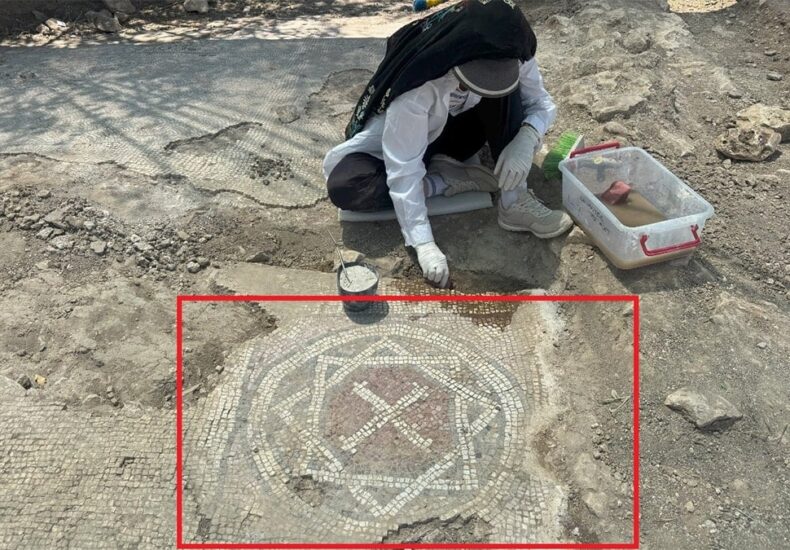
Star of David with a Cross Found in Roman-Byzantine Mosaic in Türkiye: Rare Symbolism Unearthed in Unexpected Discovery
The 35-square-meter mosaic also contains a six-line petition written in Ancient Greek
In an extraordinary discovery in southeastern Türkiye, a Roman–Byzantine-era mosaic featuring a Star of David with a Christian cross embedded inside has been unearthed during a burial excavation in Ergani, Diyarbakır. The 35-square-meter mosaic floor, which also includes a six-line inscription in Ancient Greek, was accidentally revealed in March 2025 when villagers were digging a modern grave in a rural cemetery.
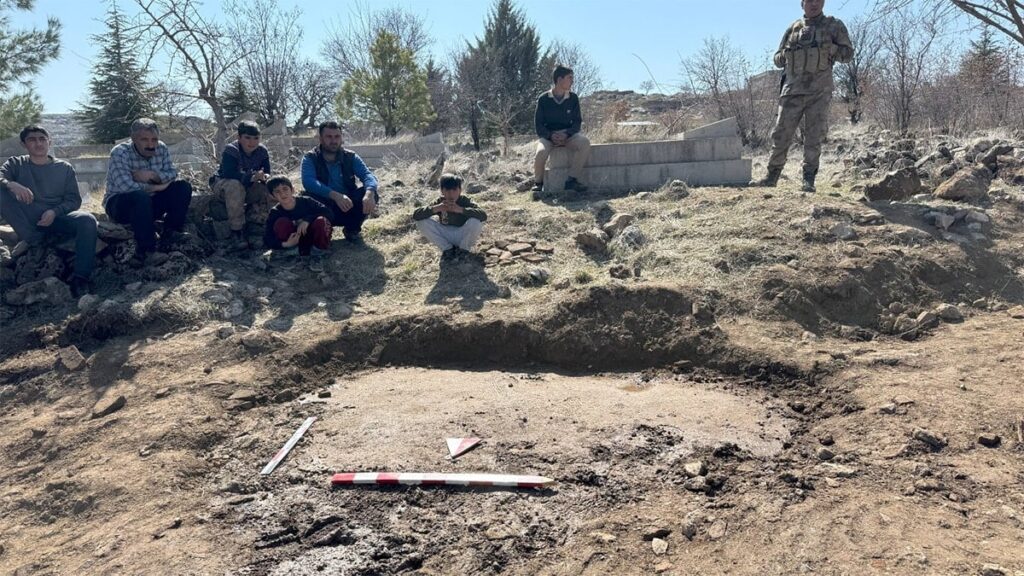
A Burial That Revealed Antiquity
The find occurred in the Özbilek neighborhood of Ergani, where locals encountered colorful mosaic fragments during the burial of a community member. Recognizing the potential historical value of the discovery, they promptly reported it to local authorities. The Diyarbakır Museum Directorate dispatched an archaeological team the same day. Initial assessments dated the mosaic to the Late Roman to Early Byzantine period, roughly between the 4th and 6th centuries CE.
📣 Our WhatsApp channel is now LIVE! Stay up-to-date with the latest news and updates, just click here to follow us on WhatsApp and never miss a thing!!
Symbolism That Bridges Faiths
The most striking feature of the mosaic is its iconography: a Star of David enclosing a cross—a highly unusual combination not commonly found in ancient artworks. Archaeologists also documented a six-line inscription in Ancient Greek, interpreted as a votive or petitionary text. While full translation is ongoing, experts suggest it may reflect personal or communal appeals made to divine powers.
“This could have belonged to a villa or a high-status building,” said Mehmet Çelebi, Deputy Director of the Diyarbakır Museum. “Its iconography strongly suggests cultural and religious interweaving. The placement of a cross inside the Star of David is not a random decoration—it points to a complex social and spiritual identity during the transitional phase of Late Antiquity.”
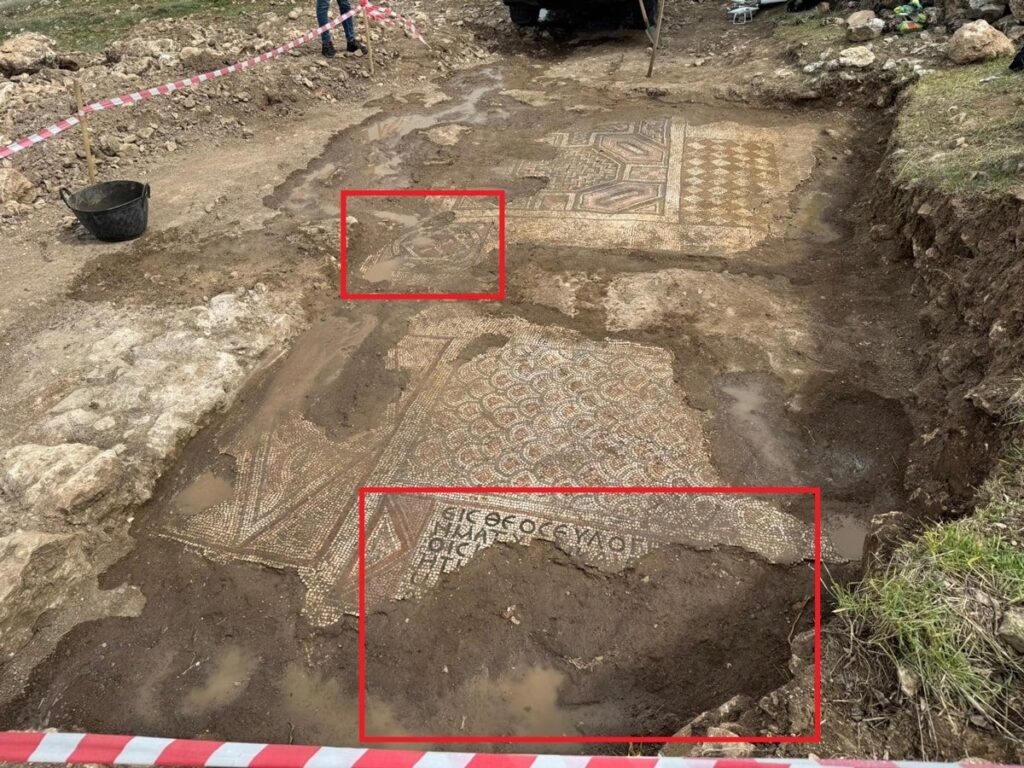
Preserved in Place: A Site Within Memalan Ancient City
The location of the mosaic lies within what is known as the ancient city of Memalan, a largely unexcavated archaeological zone. Due to its significance, Türkiye’s Cultural Heritage Preservation Board ruled to preserve the site in situ (in place). The mosaic has been covered with protective geotextile layers and fenced off. New burials in the area have been permanently suspended.
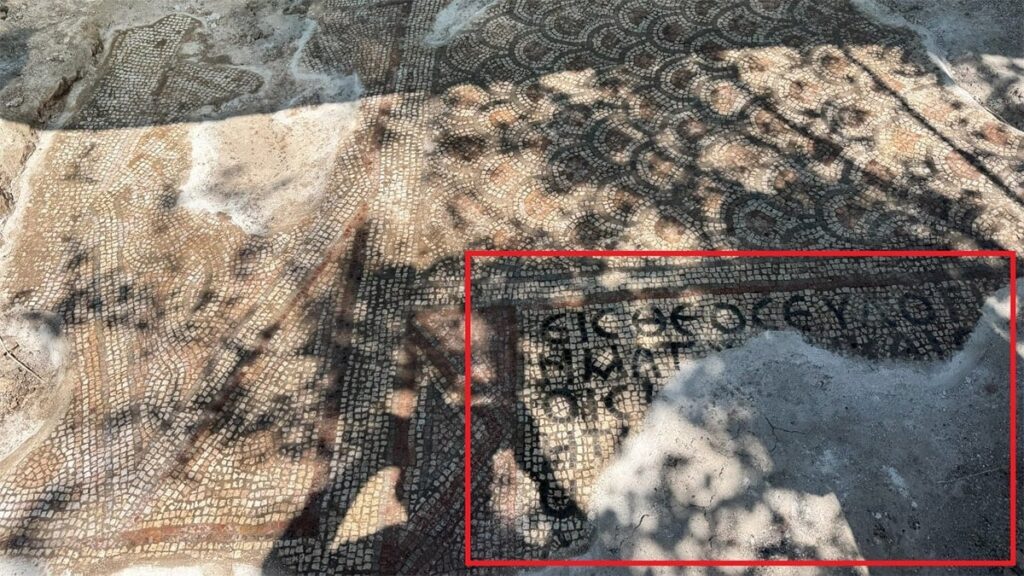
Religious and Cultural Layers Intertwined
The discovery sheds light on a region where early Christianity, Judaism, and Greco-Roman traditions likely coexisted. While the cross-in-star motif may appear contradictory at first glance, scholars emphasize its possible link to early Jewish-Christian communities or syncretic religious practices in eastern Anatolia.
“This is not just an artwork—it’s a fragment of a much larger story about identity, faith, and adaptation in a changing empire,” Çelebi noted.
Further excavations are expected, as the site has been recognized as one of the most symbolically rich archaeological discoveries in southeastern Türkiye in recent years.
Cover Image: An archaeologist delicately excavates a Late Roman–Early Byzantine mosaic at the Ergani site in southeastern Türkiye. The floor features a rare Star of David enclosing a Christian cross, along with a six-line Ancient Greek petition. Photo: DHA
You may also like
- A 1700-year-old statue of Pan unearthed during the excavations at Polyeuktos in İstanbul
- The granary was found in the ancient city of Sebaste, founded by the first Roman emperor Augustus
- Donalar Kale Kapı Rock Tomb or Donalar Rock Tomb
- Theater emerges as works continue in ancient city of Perinthos
- Urartian King Argishti’s bronze shield revealed the name of an unknown country
- The religious center of Lycia, the ancient city of Letoon
- Who were the Luwians?
- A new study brings a fresh perspective on the Anatolian origin of the Indo-European languages
- Perhaps the oldest thermal treatment center in the world, which has been in continuous use for 2000 years -Basilica Therma Roman Bath or King’s Daughter-
- The largest synagogue of the ancient world, located in the ancient city of Sardis, is being restored

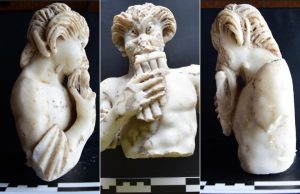
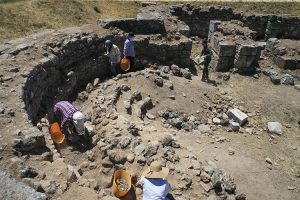
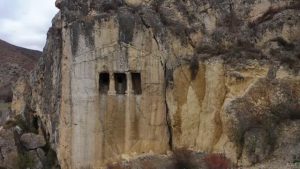
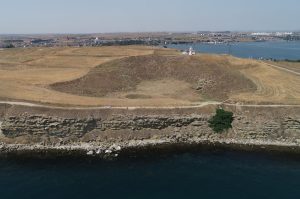
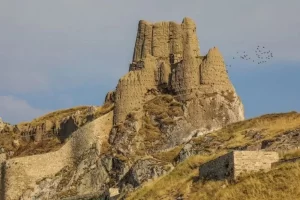
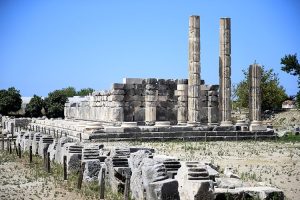


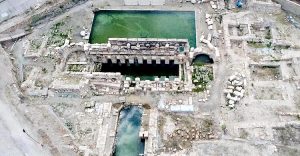
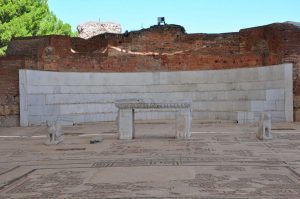
Leave a Reply